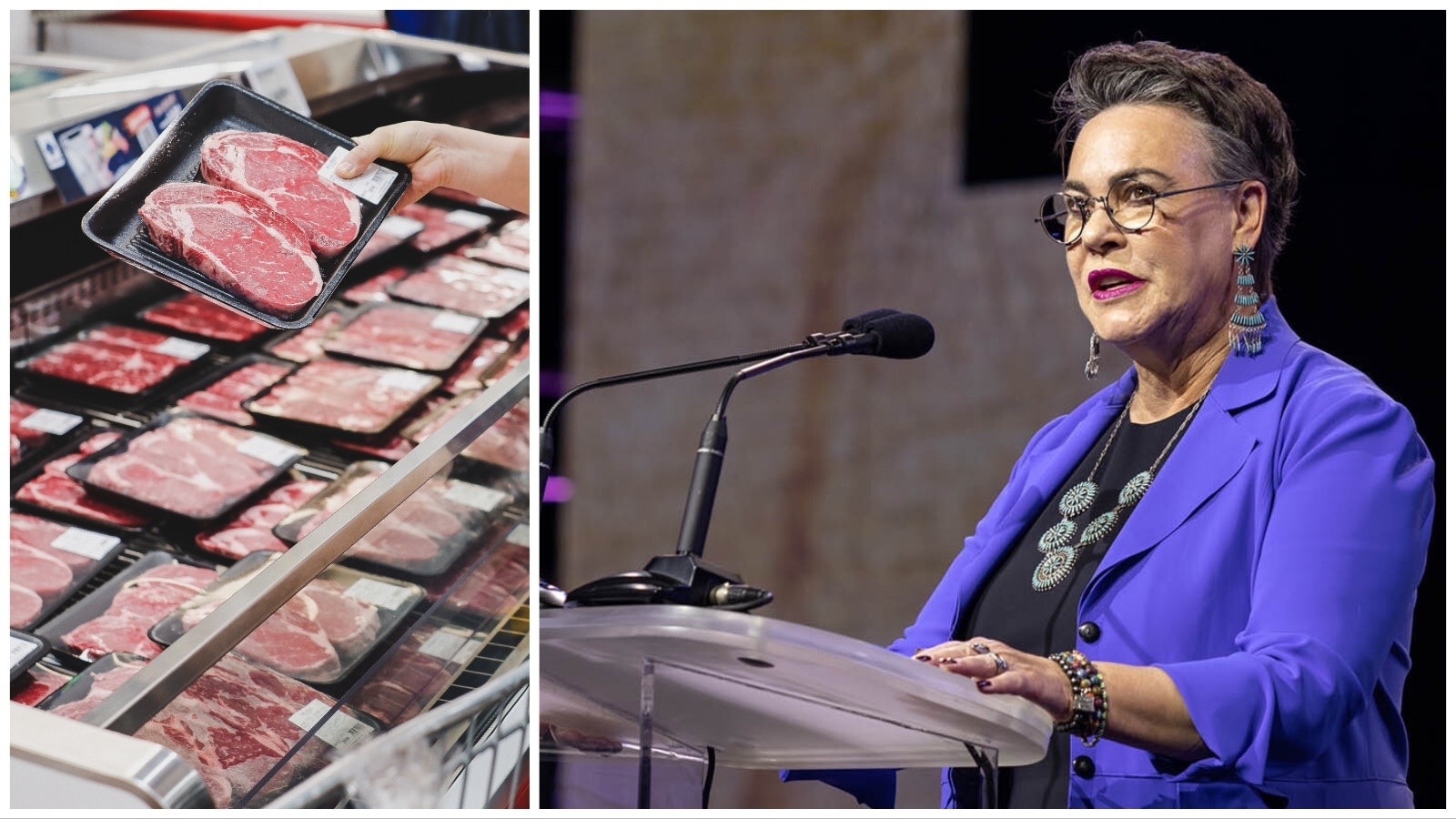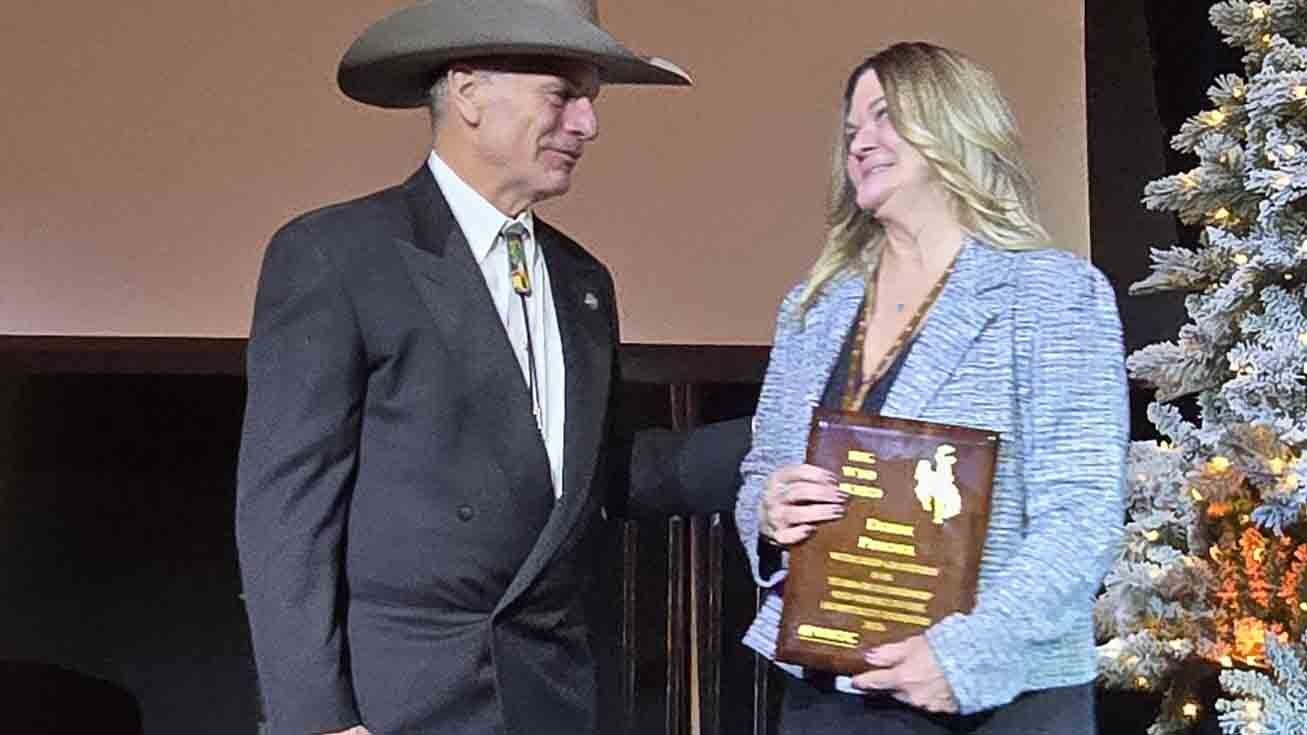It's a can that's been kicked down this road for more than 20 years now, but labeling food products specifying country of origin remains one of agriculture's biggest beefs.
U.S. Rep. Harriet Hageman, R-Wyoming, is sponsoring a bill that would prohibit beef retailers from designating foreign beef as an American-made product. The legislation, dubbed The Country of Origin Labeling Enforcement Act, defines U.S. beef as "exclusively born, raised, slaughtered and packaged in the United States.”
Processors that fail to comply would face fines of $5,000 per pound of beef illegally labeled as made in the USA.
The bill is co-sponsored by Rep. Ro Khanna, D-California.
Protecting Western Beef
"Beef is a key product of the American West," Hageman said in a press release. "Enhancedcountry of origin labeling guidance is vital to protecting small-scale farmers and ranchers that must compete with mega meatpacking conglomerates."
She said the rule is especially important for Wyoming and its reputation as a top-quality beef state.
"Clarifying what it means to be made in the USA will give consumers greater confidence in what they feed their families, support local farmers and economies, and crack down on deceptive labeling practices by the big four meatpackers,” Hageman said.
Rep. Khanna said the big four meatpacking companies — Cargill, Tyson Foods, JBS SA and National Beef Packing — are importing cattle and labeling the meat as U.S.-produced.
The big-four are all global companies operating in several different countries. They are believed to control the meatpacking industry through an oligopoly, a market dominated by only a few players.
Wyoming Is Behind The Push
Brett Moline said Wyoming Farm Bureau members support country-of-origin labeling.
Moline, director of governmental and public affairs for the organization, said American consumers deserve to know where their meat comes from.
"We have confidence in our (U.S.) food processing chain, but we don't have the same confidence in other nations. Consumer studies show they want to know where their food comes from," he said.
Do Consumers Really Care?
Studies that support both sides of the country-of-origin labeling debate are readily available. Some support the consumers' desire to know, while others suggest that price is the main focus for most people when they buy beef and don't really read labels.
The labeling discussion came to the forefront with the 2002 Farm Bill. It amended the Agricultural Marketing Act of 1946 to require labeling of muscle cuts of beef, lamb and pork, as well as farm-raised fish, wild fish, shellfish, peanuts and fresh fruits and vegetables.
The concept has always been popular among farmers and ranchers, but cumbersome for packers of meats, fruits and vegetables because of record keeping and segregation requirements.
Meat packers especially pushed back hard and Congress exempted many commodities from the requirements.
In 2008, voluntary country-of-origin labeling became more acceptable. Many of the national agriculture lobby groups, including the American Farm Bureau and National Cattlemen's Beef Association, adopted voluntary language at that time.
By 2016, an appropriations bill modified the products covered and excluded muscle cuts of beef and pork. Lamb, chicken, goat meat, perishable commodities, some nuts and ginseng are still covered.
Ingredients in processed foods are exempt as is food served in restaurants, cafeterias and bars.





